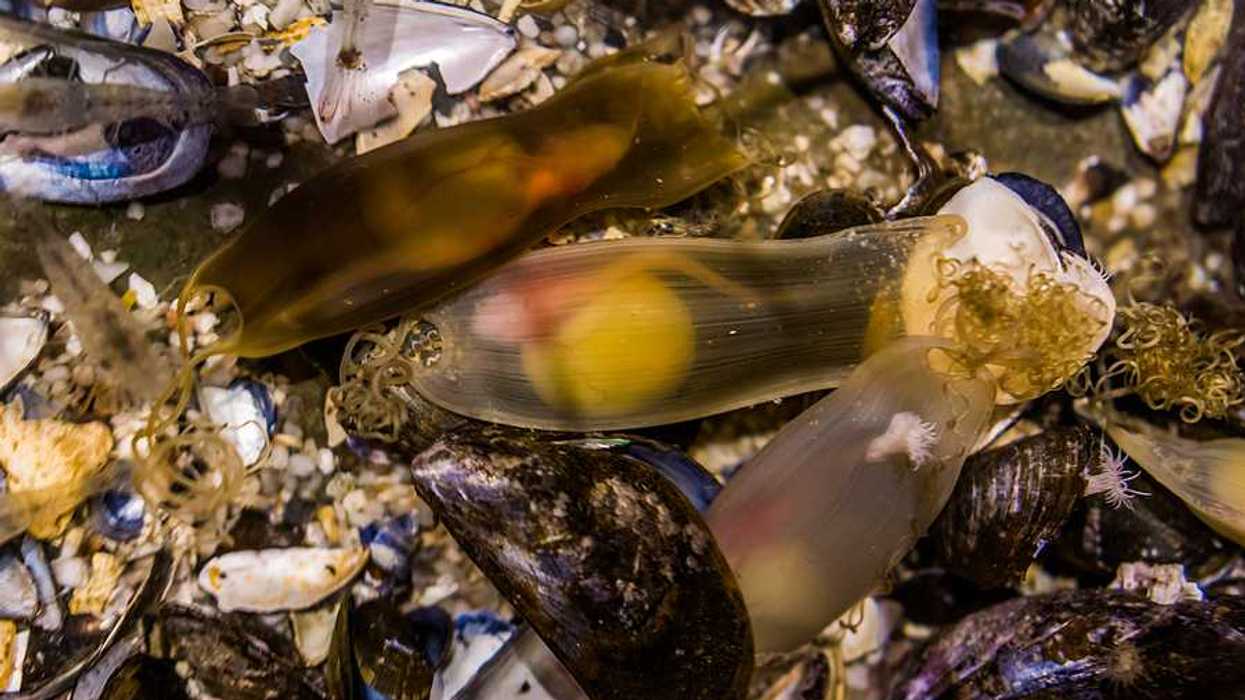As the demand for electric vehicle batteries grows, communities near production sites worry about toxic chemical exposure and health risks.
In short:
- EV batteries use PVDF, a polymer made by companies previously linked to dangerous chemical emissions.
- Residents near these plants, such as in New Jersey and Georgia, report health issues and ongoing legal battles over contamination.
- Experts warn that new manufacturing methods may still produce harmful byproducts, posing ongoing risks.
Key quote:
"For 45 years we’ve lived in it, bathed in it, cooked with it, drank it.’"
— Richard Bond, local citizen who lives downriver of Solvay Specialty Polymers
Why this matters:
While the transition to EVs is celebrated for its promise of reducing carbon emissions and combating climate change, the environmental and health impacts of battery production are raising alarms.














